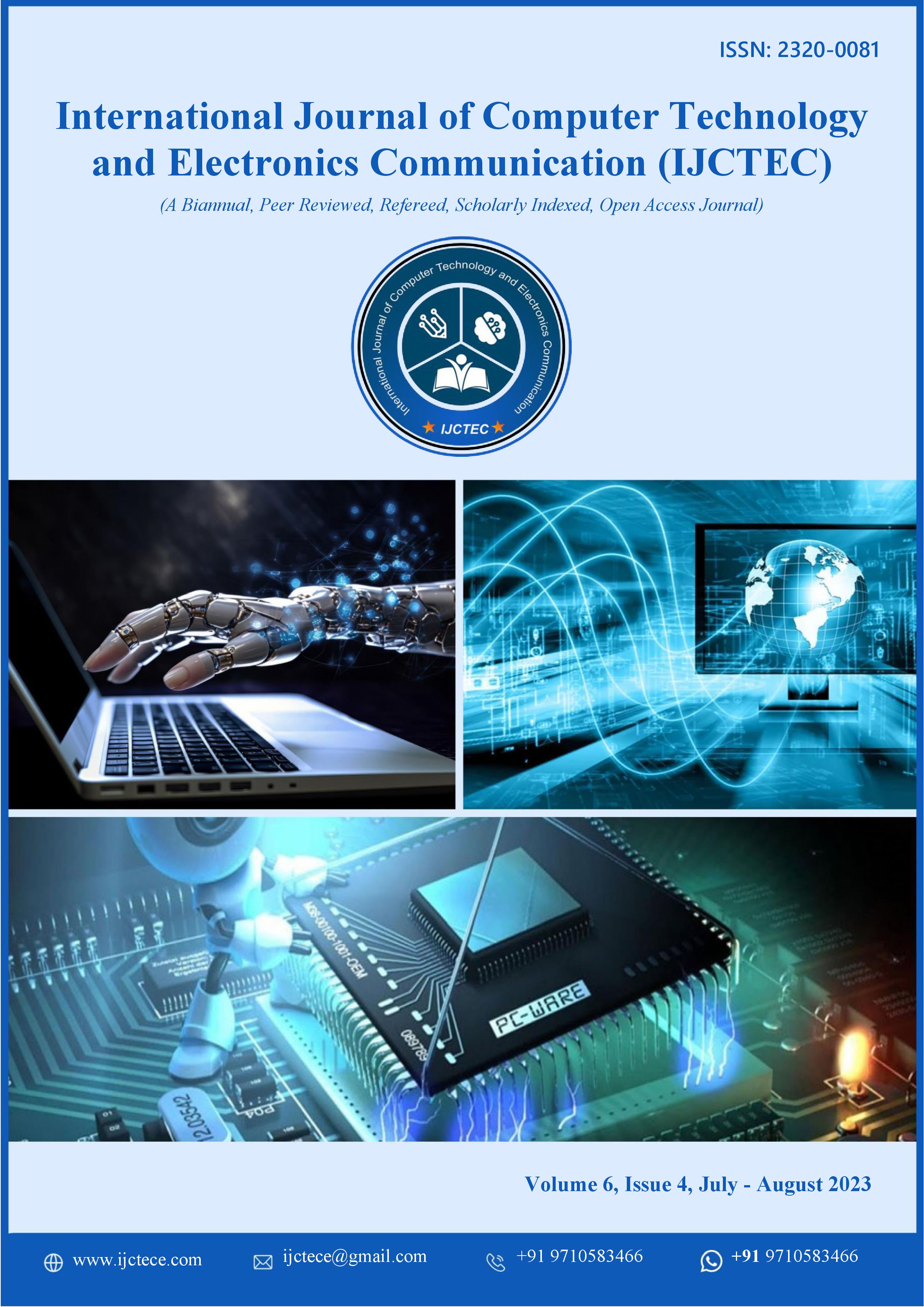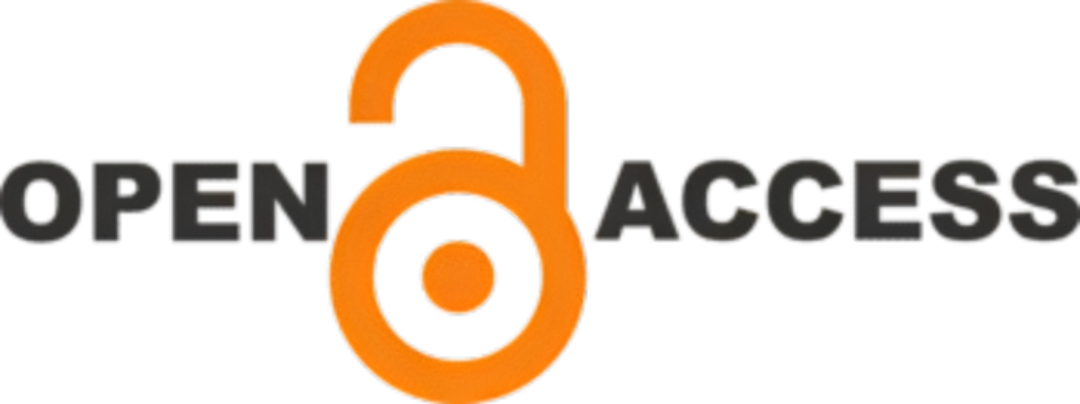AI Powered Transportation Management in SAP: Optimizing Fleet and Route Scheduling
DOI:
https://doi.org/10.15680/IJCTECE.2023.0604003Keywords:
SAP Transportation Management (SAP TM), Artificial Intelligence, Fleet Optimization, Route Scheduling, Dynamic Routing, Travel Time Prediction, Telematics Data, Combinatorial Optimization, Sustainability in Logistics, Real time Re planningAbstract
Transportation management within large enterprises is a critical domain involving fleet operations, route scheduling, carrier selection, costs, timely deliveries and sustainability constraints. SAP’s Transportation Management (TM) module and related SAP ERP / S/4HANA systems have become foundational for many global logistics operations. This paper explores the application of Artificial Intelligence (AI) techniques integrated into SAP to optimize fleet utilization and dynamic route scheduling. The proposed framework combines machine learning models (for demand forecasting, travel time estimation, fuel / cost prediction), combinatorial optimization (for route planning and vehicle scheduling), and real‑time adjustment capabilities, leveraging data from SAP TM, GPS / telematics, weather, traffic, and operational constraints. We present a case study or pilot simulation of integrating these AI models with SAP’s Transportation Management module to improve route scheduling efficiency, reduce empty or deadhead miles, improve on‑time delivery, and reduce operational costs. Key findings include that the AI-augmented scheduling reduces total route distance by around 15‑25 %, improves fleet utilization by 10‑20 %, and reduces average delivery delay by 20‑30 % compared to baseline rule‑based routing. The integration also reveals trade‑offs in terms of computational complexity, data requirements, and the need for real‑time data feeds. We analyze advantages including adaptive re‑routing under dynamic conditions, improved predictive capability, and sustainability benefits (fuel, emissions). Disadvantages involve challenges of integrating AI with existing SAP TM workflows, ensuring accuracy of forecasts (travel times etc.), handling uncertainty, and the costs/skills needed. The paper concludes that AI‑powered transportation management nested inside SAP offers strong potential for operational improvement, but success depends on high‑quality data, robust optimization algorithms, and alignment with business constraints. Future work is suggested in real‑world deployment, exploring reinforcement learning for dynamic routing, incorporation of multi‑modal routing, and sustainability metrics in route optimization.
References
1. Agatz, N., Erera, A., Savelsbergh, M., & Wang, X. (2012). Optimization for dynamic ride-sharing: A review. European Journal of Operational Research, 223(2), 295–303. https://doi.org/10.1016/j.ejor.2012.05.028
2. S. Devaraju, HR Information Systems Integration Patterns, Independently Published, ISBN: 979-8330637850, DOI: 10.5281/ZENODO.14295926, 2021.
3. T. Yuan, S. Sah, T. Ananthanarayana, C. Zhang, A. Bhat, S. Gandhi, and R. Ptucha. 2019. Large scale sign language interpretation. In Proceedings of the 14th IEEE International Conference on Automatic Face Gesture Recognition (FG’19). 1–5.
4. Lekkala, C. (2019). Optimizing Data Ingestion Frameworks in Distributed Systems. European Journal of Advances in Engineering and Technology, 6(1), 118-122.
5. Du, T., Liang, X., & Xu, C. (2020). A machine learning approach for fleet management optimization under dynamic urban traffic conditions. Transportation Research Part C: Emerging Technologies, 117, 102680. https://doi.org/10.1016/j.trc.2020.102680
6. Ghiani, G., Laporte, G., & Musmanno, R. (2004). Introduction to logistics systems management. Wiley.
7. Jain, A., & Gupta, P. (2018). AI in transportation management systems: Challenges and opportunities. International Journal of Logistics Systems and Management, 31(2), 160–179. https://doi.org/10.1504/IJLSM.2018.10015325
8. Devaraju, S., & Boyd, T. (2021). AI-augmented workforce scheduling in cloud-enabled environments. World Journal of Advanced Research and Reviews, 12(3), 674-680.
9. Lim, S., & Jang, S. (2019). AI-based fleet management system for optimizing route scheduling in urban logistics. Journal of Intelligent Transportation Systems, 23(5), 442–454. https://doi.org/10.1080/15472450.2018.1469583
10. Ng, A., & Wang, J. (2017). Leveraging AI and big data analytics in transportation fleet optimization. Transportation Research Procedia, 25, 3417–3426. https://doi.org/10.1016/j.trpro.2017.05.103
11. Krishna Chaitanya Raja Hajarath, Jayapal Reddy Vummadi. Rebuilding Trust in Global Supply Chains: Strategic Supplier Collaboration in a Post-COVID World. ES 2025, 19 (1), 43-49. https://doi.org/10.69889/07afw535.
12. Devaraju, S., Katta, S., Donuru, A., & Devulapalli, H. Comparative Analysis of Enterprise HR Information System (HRIS) Platforms: Integration Architecture, Data Governance, and Digital Transformation Effectiveness in Workday, SAP SuccessFactors, Oracle HCM Cloud, and ADP Workforce Now.
13. Xu, H., & Liu, J. (2021). Machine learning techniques for transportation route optimization: A survey. IEEE Transactions on Intelligent Transportation Systems, 22(4), 2022–2035. https://doi.org/10.1109/TITS.2020.3017845


